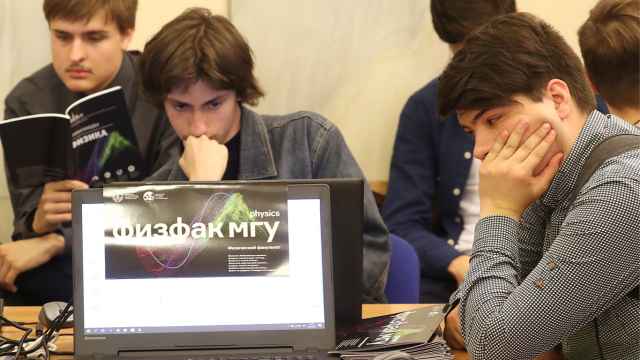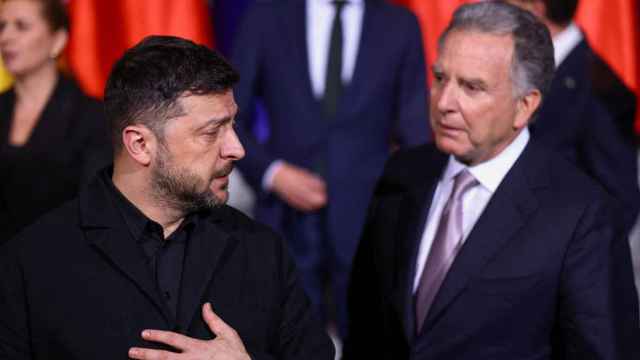Alexander Shokhin, chairman of the Russian Union of Industrialists and Entrepreneurs, estimates in the letter that 400 billion rubles ($13.4 billion) will be necessary to protect the industry.
Despite high production figures for 2011, the industry's profitability dropped from 9.4 percent in 2009 to 8.3 percent in 2010, and without government subsidies this figure could have been as low as minus 5.4 percent, Shokhin calculated, the business daily reported.
High costs, low prices, old technology and low incomes mean that entry into the WTO will only make the situation worse, with Russia likely to become uncompetitive domestically, Shukhov wrote.
One large barrier is the high and growing cost of almost all the necessary resources for agricultural production and continually rising costs for construction and infrastructure.
The real problem, however, is the indebtedness of agricultural enterprises, which at 1.57 trillion rubles ($52.6 billion) is more than total gross revenue, initiators of the RUIE's letter said.
In the letter, Shokhin proposes measures that focus on the over-indebtedness of the industry, including compensating agricultural enterprises up to 100 percent for modernization and loan costs, extending current zero-percent tax on profits until 2020, and canceling outstanding debt on loans. He also says the government should become more active in setting prices in the industry.
The Russian Grain Union told Vedomosti that the main problems in Russia's agricultural industry were not connected to credit, but were more fundamentally connected to poor trade policies that, if corrected, would eventually boost profits and lead to the solution of credit problems.
A Message from The Moscow Times:
Dear readers,
We are facing unprecedented challenges. Russia's Prosecutor General's Office has designated The Moscow Times as an "undesirable" organization, criminalizing our work and putting our staff at risk of prosecution. This follows our earlier unjust labeling as a "foreign agent."
These actions are direct attempts to silence independent journalism in Russia. The authorities claim our work "discredits the decisions of the Russian leadership." We see things differently: we strive to provide accurate, unbiased reporting on Russia.
We, the journalists of The Moscow Times, refuse to be silenced. But to continue our work, we need your help.
Your support, no matter how small, makes a world of difference. If you can, please support us monthly starting from just $2. It's quick to set up, and every contribution makes a significant impact.
By supporting The Moscow Times, you're defending open, independent journalism in the face of repression. Thank you for standing with us.
Remind me later.





